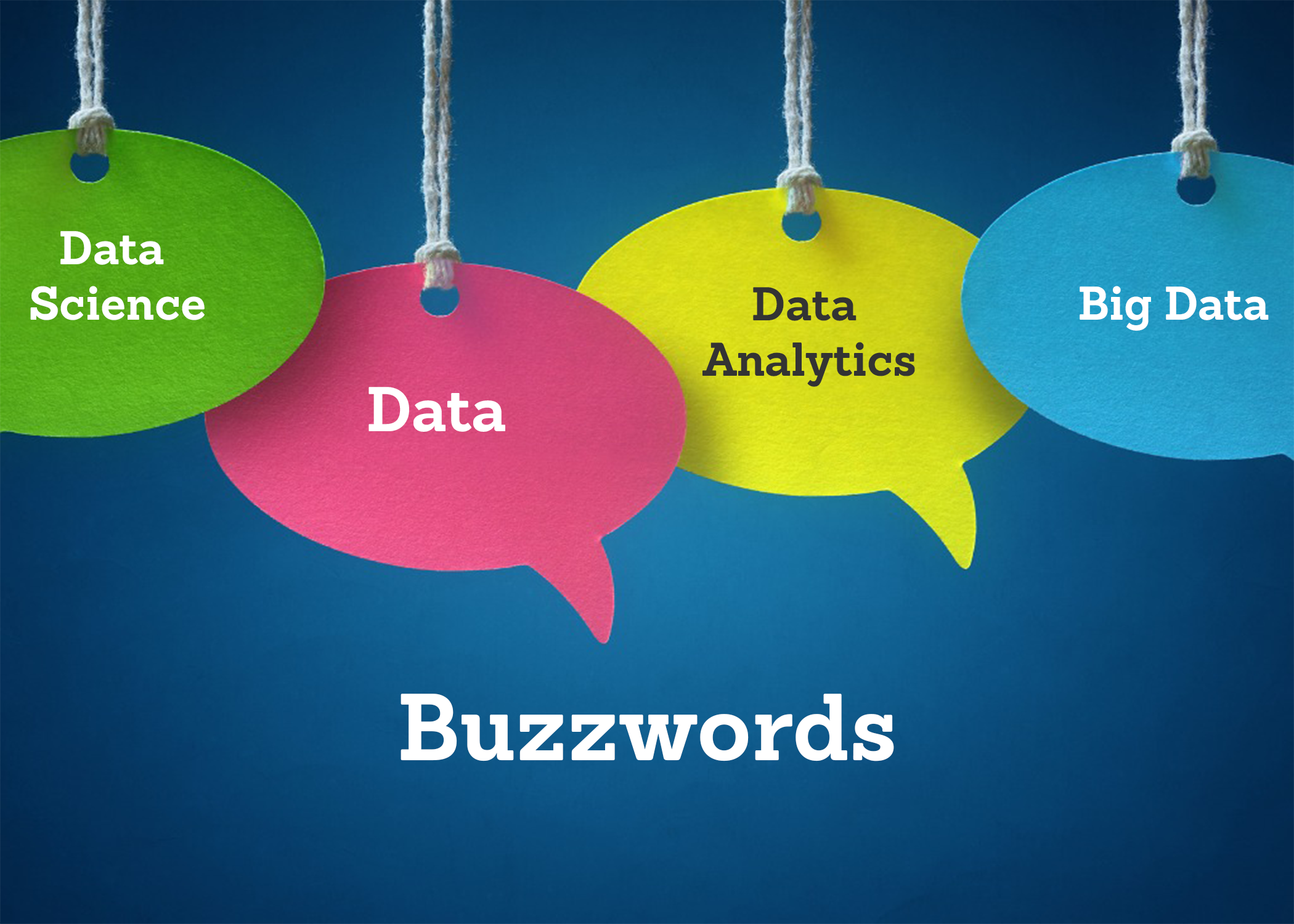This week's blog post is contributed by guest writer, Jude Hoffner, Vice President of Product for NaviStone.
Buzzwords: Data Science, Data Analytics, Big Data… Eether, eyether, neether, nyther.
There is no debating that “data” has secured its place as a critical business asset across virtually every industry and market segment. Indeed, over the past decade at least, “Data” has grown from being merely a business asset, albeit a crucial one, into a business category unto itself. If you are a service business, data helps you operate the business more effectively. But if you are, say, PredictHQ or dozens if not hundreds of other businesses like it, data actually is your product. So what exactly is Big Data? Does some number make it so? Says who? Is there a difference between data science and data analysis?
Marketers, especially direct marketing professionals, understand that data is an essential tool. Marketers use data to understand past successes and failures (opportunities!), they use it to drive strategy by modeling future behavior, and they use it to optimize timeliness and relevance when promoting their products and services.
And yet, the landscape is still littered with companies and teams failing to achieve desired outcomes when it comes to data and analytics. The results from NewVantage Partners’ recently published Big Data and AI Executive Survey demonstrate this reality pretty unambiguously:
- 72% of survey participants report that they have yet to forge a data culture
- 69% report that they have not created a data-driven organization
- 53% state that they are not yet treating data as a business asset
- 52% admit that they are not competing on data and analytics.
Why is this still happening?
Buzzwords tend to proliferate where there is a critical mass of attention and opportunity. Little surprise then that the term “Data” comes wrapped in lots of different ones. Data can be Big, or Engineered, or Driven or dozens of other things. At a certain point, these terms tend to lose meaning and precision. A question for business leaders is, in the case of the “data landscape,” does that matter? Is it important to cut through that clutter? To the extent that data is a) increasing, not decreasing, b) is a critical asset, the answer is yes. One of the primary roles of business leaders, after all, is to understand the business’ strategic assets and to allocate capital and resources among those assets for advantage.
So how does one make the most effective buying or hiring decisions when it comes to data and your business? Here are a few suggestions for thinking about how data as an asset fits into your business.
First, step back the day to day and determine what specific role data plays in your enterprise. Is it an asset, is it your product? Does it inform your strategic marketing decisions? Does it drive tactical execution of day to day marketing campaigns?
Next take a look at how the business is organized. Marketing likely has a vision of executing the most timely and relevant campaigns throughout the year. Does the marketing organization have the resources - people, skills tools - required to execute on that vision? Or are those controlled by… Finance? Answers to the above questions should inform both the structure and function of the people and services at work in the company.
Of course, invite others to challenge assumptions and conclusions.
A picture will start to emerge enabling you to cut through the smog of buzzwords and define a strategy to operate effectively and efficiently. Below is a fairly typical division of accountabilities around data as an asset.
- Data engineering is the organization and retrieval of data. How intrinsically clean and structured your data assets are will determine how much firepower you need here.
- Data science is the study of that organized data for signals that are important in the context of a specific business opportunity or problem. Data science will also typically be accountable for developing models and algorithms that solve business problems at scale.
- Data analytics is the work of identifying and importantly, communicating insights often across the organization.
How important is it to get these definitions right? Consider that according to DataCamp, annual salaries for Data Engineers and Data Scientists can range from $34k-$340k. That could make for a pretty expensive hiring mistake, even if based on the best of intentions.
But while the downside risk is significant, it doesn’t have to be paralyzing. If you feel overwhelmed or bogged down by the swarm of data buzzwords, ignore the buzz and try an approach where you can test and succeed or fail fast. Don’t attempt to transform the entire business; identify a small but impactful project, create an internal swat team and evaluate the results of the project quickly.


Lookalike Audiences Enhance customer acquisition by identifying high-potential prospects, boosting response rates, and lowering advertising costs.
Retargeting Postcards Double the performance of your direct mail retargeting.
Amplify Recognize unknown visitors who are actually customers. Add 20-40% to your ESP/CRM campaigns.
IQ Mail Retain customers with personalized, timely messages for those opting out of digital channels.






Comments